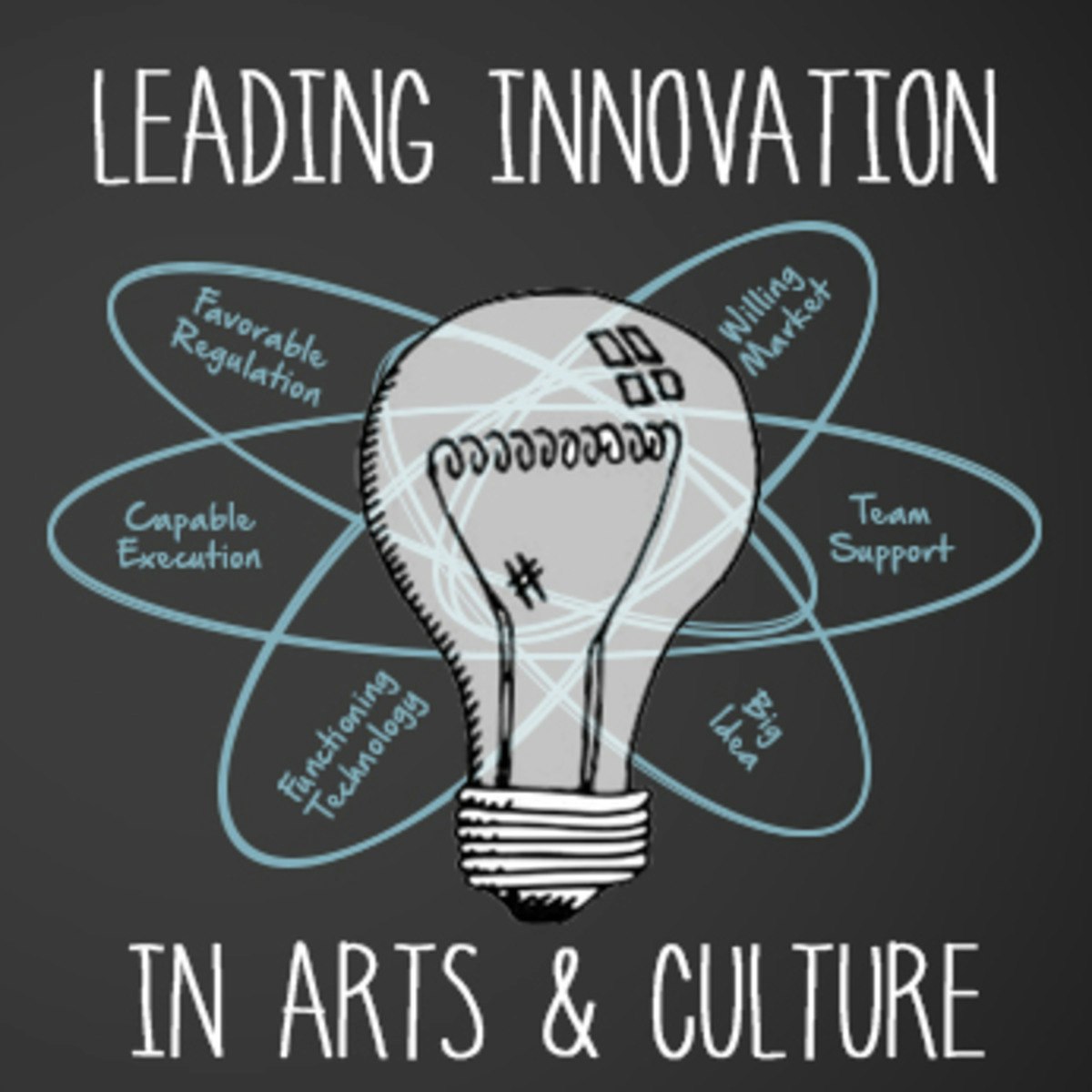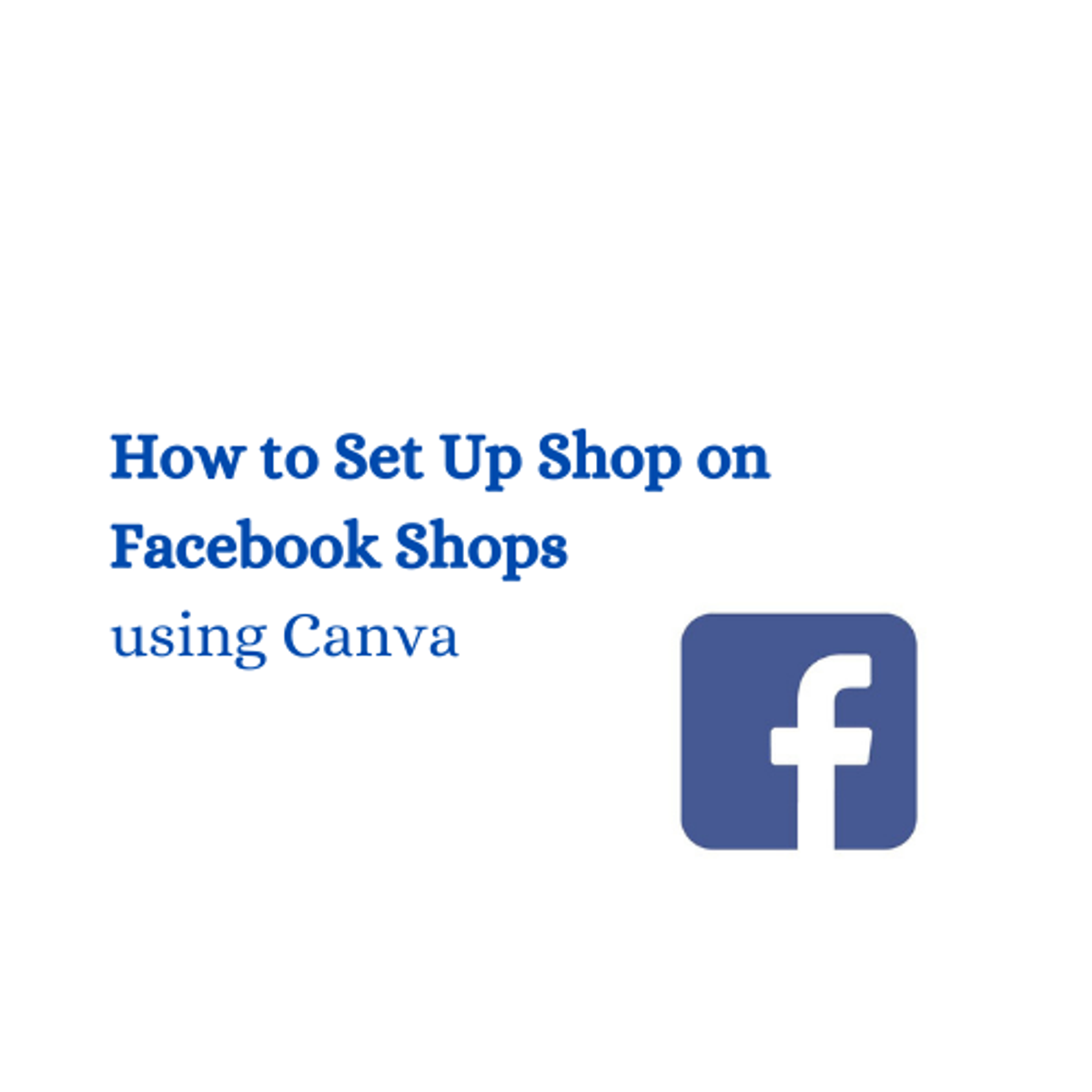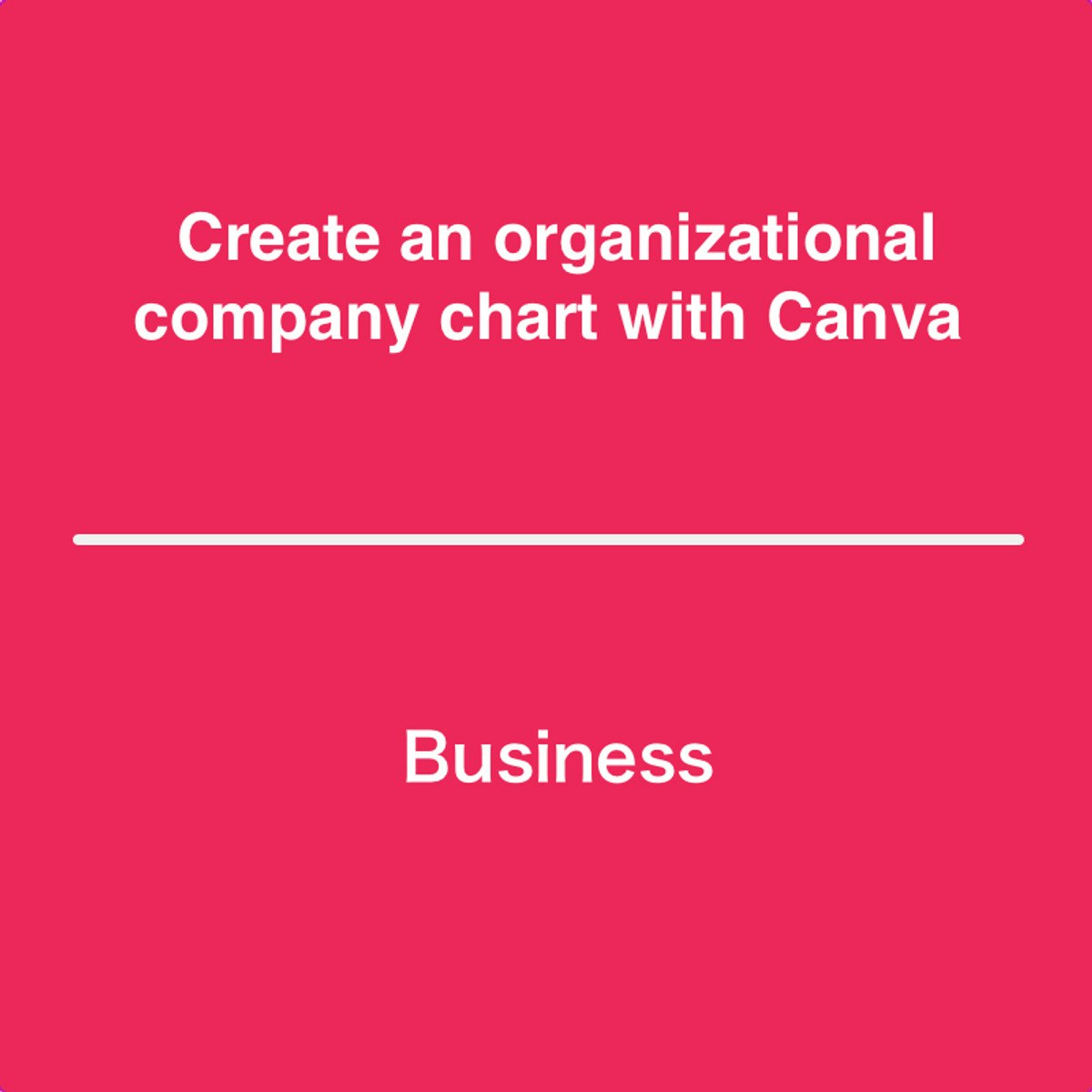Back to Courses









Entrepreneurship Courses - Page 3
Showing results 21-30 of 222

Healthcare Entrepreneurship: Taking Ideas to Market
This course delves into intellectual property (IP) with an introduction into the innovation landscape within the UK and how that compares with other settings. You'll focus on how intellectual property applies to frugal innovations, compulsory licensing, and when and how to apply for intellectual property. This course teaches you about how innovators can secure funding by exploring the types of funding available, the types of organisations involved, as well as the challenges that surround funding. A key part of this course is a focus on 'pitching' skills - what's involved in pitching well, what content should you include, how can you best deliver a pitch.
You'll come away from this course with strong insight into the importance of protecting an innovation's intellectual property, able to identify IP processes and challenges, and able to confidently pitch an innovation.

Create Customer Support Data with Microsoft Excel
By the end of this project, you will create a free account on Microsoft 365, get access to Microsoft Excel, and create a table with customer data. You will edit and format the data, hide sensitive information, sort, and filter data. Your new skills will help you manage your customer relations and be more efficient.

Create a Newsletter in Microsoft Word
After successfully completing this project, you will have created a visually appealing newsletter using Microsoft Word.
While building a newsletter, you will use various features in Word. You will use the Insert feature to insert a header, a drawing and a picture in a document. You will create a drawing with shapes and text. Other features you will use include applying picture styles and applying a filter to a picture search.
Note: This course works best for learners who are based in the North America region. We’re currently working on providing the same experience in other regions.

Legal Contracts and Agreements for Entrepreneurs
This course focuses on how legal contracts may impact or impede the success of aspiring and active entrepreneurs. We explore a wide variety of legal considerations, including:
* What types of legal contracts and agreements are appropriate for which entrepreneurial activities and actions?
* What is the role of torts, liability, and negligence in creating and managing products and services?
* How should contracts and sales agreements be created, evaluated, and negotiated?
* What legal considerations are applicable when raising financial capital?
"Legal Contracts and Agreements for Entrepreneurs" is one of three courses in the "Legal Aspects of Entrepreneurship Specialization" by Coursera and the University of Maryland. This specialization explores the critical legal and business issues entrepreneurs face as they build and launch a new venture. Learners examine real-world scenarios and address legal and business issues from ideation to all of the important junctures along the path to success. Significant attention is placed on new venture formation, intellectual property management, and contracts and financing arrangements.

Knowledge Exchange: Using, Protecting and Monetizing Ideas with Third Parties
Learn more about knowledge exchange and how to use, protect and monetize your knowledge while working with various partners.
Interested in increasing the impact of your knowledge on society? This course is for those who are new to how knowledge is transferred from yourself or from a knowledge institute into society at large. It is for those who want to know how to protect their knowledge, how to approach parties for collaboration, and how to find the right funding for your idea. It is for those who want to start thinking about how knowledge exchange might be useful in their business or academic career. It provides an introduction to one of the basics of knowledge exchange, the stakeholders involved and the most common pitfalls on your way to transform our world with your ideas!
About the course lecturers
Each week a different expert in his or her field will shed light on a different aspect within knowledge exchange. In addition, each module contains an interview with a Leiden academic who will share his or her practical experience concerning that week's subject. Each module is introduced and concluded by the course leader, Professor Gert-Jan van Ommen, former head of the Department of Human Genetics of Leiden University Medical Center.
About Luris
This course was developed by Luris, in cooperation with Leiden University and Leiden University Medical Center (LUMC). As knowledge exchange office, Luris matches societal needs with possibilities available in Leiden and enhances the impact of novel technologies and knowledge from Leiden University and LUMC. Luris establishes valuable partnerships and represents the interests of academics and research teams.

Target specific user demographics in your followers campaign
In this project learners will get experience researching and implementing strategies to further target their desired audience in a twitter followers campaign. Targeting these specific desired followers will greatly increase the effectiveness of their followers campaign.

Leading Innovation in Arts and Culture
Developed by David Owens at Vanderbilt University and customized for the cultural sector with National Arts Strategies, this course is designed to help arts and culture leaders create an environment where new ideas are constantly created, shared, evaluated and the best ones are successfully put to work.
One of the toughest challenges for any leader is getting traction for new ideas. Winning support can be a struggle. As a result, powerful new ideas often get stuck. This is especially true in the cultural sector. People involved in arts and culture often have little time and even less money for experimentation and risks. This course will help those in the performing arts, museums, zoos, libraries and other cultural organizations build environments where new management and program ideas flourish.
Leading Innovation in Arts & Culture will teach you how to make an "innovation strategy" a fundamental component of your organization's overall strategy. In this seminar you will learn to:
- Analyze constraints on innovation in your organization, foresee obstacles and opportunities, and develop a shared vision
- Develop a process to manage the demands of multiple stakeholders, shifting priorities and the uncertainty inherent in new initiatives
- Create a culture for innovation and risk-taking that generates new perspectives and challenges existing practice
- Create a strong customer focus within your organization that anticipates customer needs
National Arts Strategies worked with David Owens to customize this course for those working in the cultural sector. They based their work on David Owens’ Leading Strategic Innovation in Organizations course. This highly interactive 8-week course will engage you in a series of class discussions and exercises.

How to Set Up Shop on Facebook Shops using Canva
Throughout the project, we will be able to create a fully functioning Facebook Shop step by step. By the end of this project, you will be able to create a fully functional Facebook Shop for your business. Throughout the project, you will be able to identify and apply the functions of Facebook shop, in addition to creating a seamless experience for your prospective customers when they visit your shop.
Moreover, you will also be able to use Canva, which gives you a wide array of features that allow you to edit photos without extensive photo editing knowledge or experience.
This guided project is for intermediate users of Facebook Business users since we will develop from the basic knowledge of running a Facebook Page.
This project will provide you with the ability to create a simplified online buying and selling process for customers and small business owners.

Create an Organizational Company Chart with Canva
By the end of this project, you will learn how to create an organizational company chart from scratch using the free version of Canva.
An organizational chart is a diagram that visually conveys a company's internal structure by detailing the roles, responsibilities, and relationships between individuals within an entity. You will be able to incorporate a color scheme, different charts, and other design elements for aesthetically pleasing and value added business marketing collateral. We can use Canva to complete this project because it provides all the tools you need to create an organized and visually appealing product while offering a variety of options for sharing and collaboration. You will learn how to plan and organize your ideas and utilize graphic design tools as you create an organizational company chart from scratch.
Note: This course works best for learners who are based in the North America region. We’re currently working on providing the same experience in other regions.

Design Thinking for Innovation
Today innovation is everyone's business. Whether you are a manager in a global corporation, an entrepreneur starting up, in a government role, or a teacher in an elementary school, everyone is expected to get lean – to do better with less. And that is why we all need design thinking. At every level in every kind of organization, design thinking provides the tools you need to become an innovative thinker and uncover creative opportunities that are there – you're just not seeing them yet.
In this course, developed at the Darden School of Business at the University of Virginia and taught by top-ranked faculty, we provide an overview of design thinking and work with a model containing four key questions and several tools to help you understand design thinking as a problem solving approach. We also look at several stories from different organizations that used design thinking to uncover compelling solutions.
Popular Internships and Jobs by Categories
Find Jobs & Internships
Browse
© 2024 BoostGrad | All rights reserved